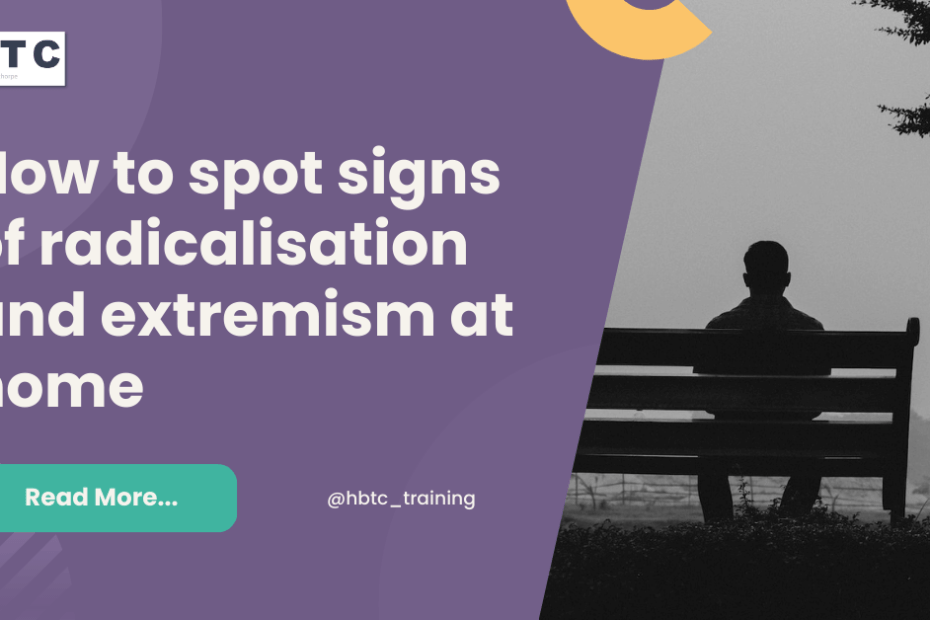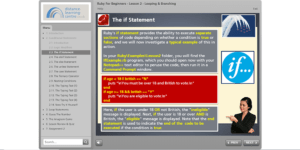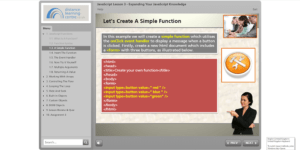How to spot signs of radicalisation and extremism at home
Learn more about how to identify signs of radicalisation and extremism at home, as well as understand what these may look like.
Radicalisation and extremism are issues that we are all aware of and, it is our responsibility to ensure that people are safe from these harmful influences. It is easy to assume that radicalisation only happens in other countries or online, but the reality is that it can happen anywhere, including at home. We have previously looked at how to identify the signs of radicalisation within the workplace, but what about at home? In this blog post, we’ll be discussing how to spot signs of radicalisation and extremism that may be affecting a family member and what you can do about it.
1. Change in Behaviour
The most obvious sign of radicalisation is a change in behaviour. If someone has suddenly become more aggressive, irritable, or argumentative, then this should be a cause for concern. They may also suddenly become more secretive about their activities, or they may start staying up late at night and spending a lot of time on their phone or computer. If you notice any of these changes, you should try to start a conversation with them to see what is going on.
2. Interest in Conspiracy Theories
Another sign of extremism is an interest in conspiracy theories. They may start talking about topics such as government control, secret societies, or theories about world domination. They may also talk about how the media is controlled by a certain group and that the mainstream narrative can’t be trusted. While it is okay to have an interest in different theories, if they become convinced that these theories are true, then this could lead them down the path of extremism.

3. Extreme Religious or Political Views
Radicalisation can also be a result of extreme religious or political views. If they suddenly become interested in a particular religion or political ideology and starts adopting extremist views, then this could be a sign that they are being radicalized. You should try to engage with them in conversations about their beliefs and encourage them to explore other views and opinions.
4. Increased Isolation
Another sign of radicalisation is increased isolation. The individual may start distancing themselves from their peers and spending more time alone. They may also start rejecting friends and family who don’t share their views and beliefs. If you notice that they are becoming increasingly isolated, then it is important to try and establish open lines of communication and encourage them to connect with different groups of people.
5. Propaganda and Recruitment Materials
Finally, if you find any propaganda or recruitment materials in their possession, then this should be a cause for concern. These materials could be in the form of books, videos, or websites promoting radical or extremist ideology. You should try to talk to them about the content of these materials and encourage them to question what they are being exposed to.
In conclusion, it is important to be vigilant about the signs of radicalisation and extremism at home. By noticing these signs early on, you can intervene and provide support the individual before it’s too late. It’s essential to keep an open line of communication with your child and ensure that they are exposed to diverse perspectives and opinions. If we all work together, we can prevent the harmful effects of radicalisation and extremism on our society as a whole.
If you’re suspicious of something that could identify a terrorist threat anywhere in the UK, report it using .GOV’s quick and confidential online tool to report possible terrorist activity, or call the Anti-Terrorism Hotline on 0800 789 321.

Toby Greenfield
Toby is our Learner Engagement Marketing Apprentice and is involved with all things social media and content development. He is also responsible for attending careers events and delivering presentations. Toby is dedicated to showcasing the apprenticeship opportunities available for individuals and businesses to embark upon.














